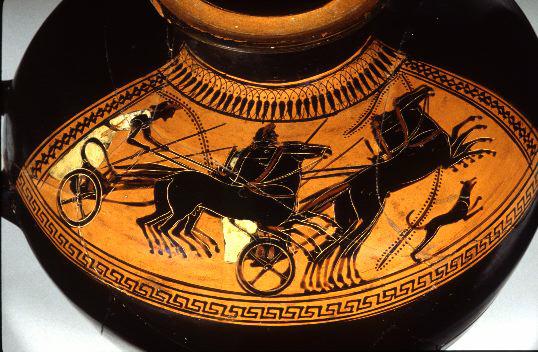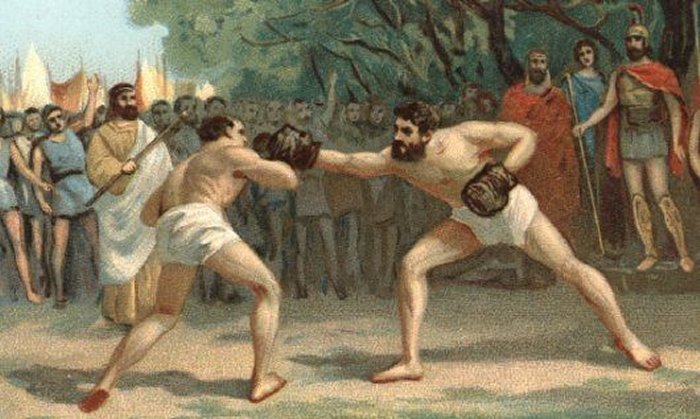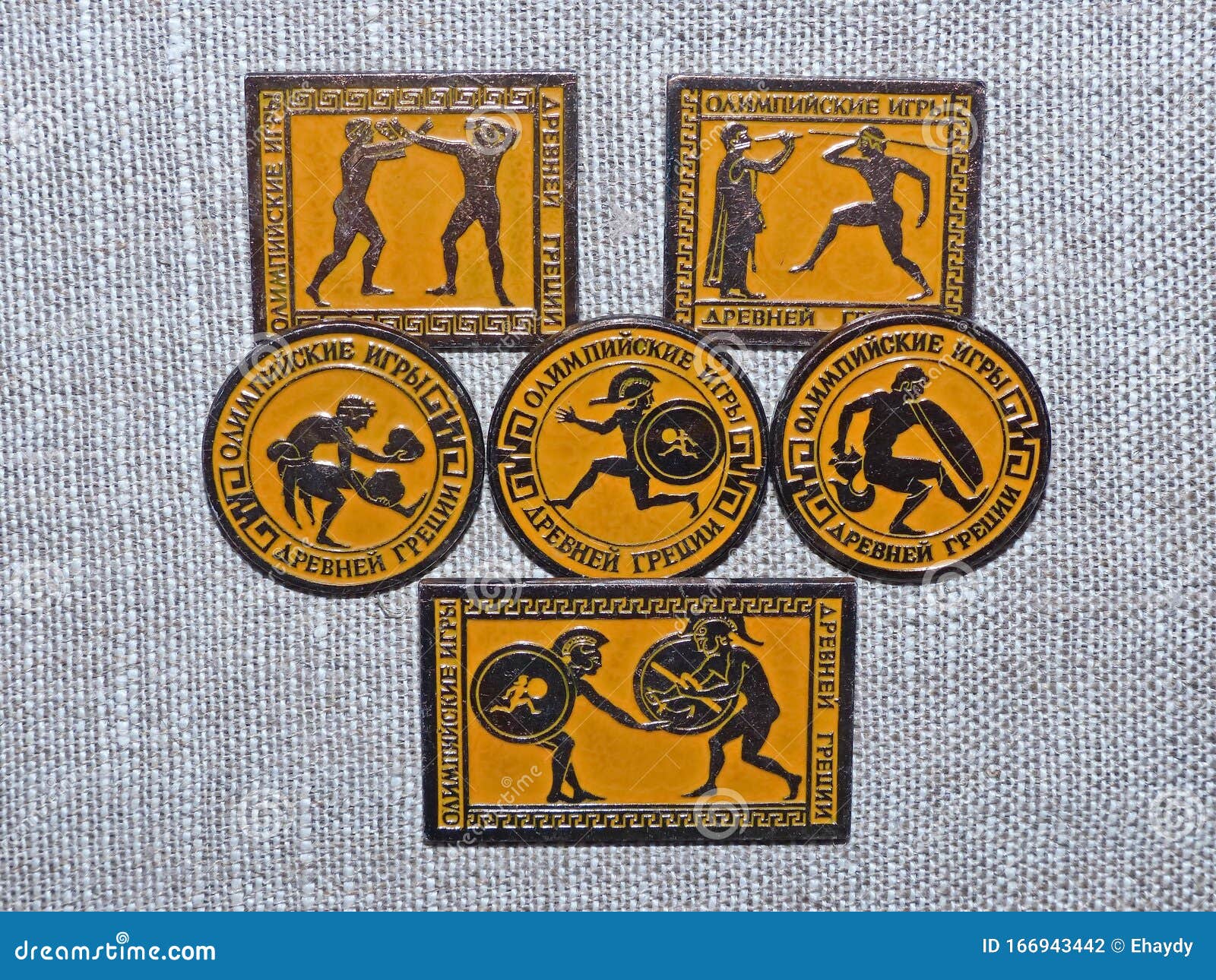The ancient Olympic Games were a sporting event held every four years at the sacred site of Olympia, in the western Peloponnese region of Greece. The games were held in honor of Zeus, the king of the gods, and were an important part of ancient Greek culture and society.
The first Olympic Games are thought to have taken place in 776 BCE, and they continued to be held every four years until they were banned in 393 CE by the Roman Emperor Theodosius I, who saw them as a pagan event. The games were later revived in the modern era, with the first modern Olympic Games taking place in Athens, Greece in 1896.
The ancient Olympic Games were primarily a religious festival, but they also served as a venue for athletic competition. The games were open to all Greek citizens, and athletes from different city-states would come to compete in various events. The most famous event was the foot race, or stadion, which was a sprint of about 190 meters. There were also long distance races, boxing, wrestling, and other sports.
The ancient Olympic Games were not only about athletic competition, but also about cultural exchange and diplomacy. Athletes came from all over Greece to participate in the games, and the event was seen as a way to promote unity and harmony among the different city-states.
In addition to the athletic events, the ancient Olympic Games also included musical and poetic competitions, as well as ceremonies and sacrifices to the gods. The games were a time of great celebration, and they were an important part of ancient Greek society.
Despite the fact that the ancient Olympic Games were primarily a religious festival, they also had a strong impact on the development of sport and athletic competition. The Olympic spirit, which emphasizes fair play and respect for one's opponents, is still an important part of the modern Olympic Games. The ancient Olympic Games were a testament to the importance of sport and physical activity in ancient Greek culture, and they continue to inspire people today.



,aspect=fill)




